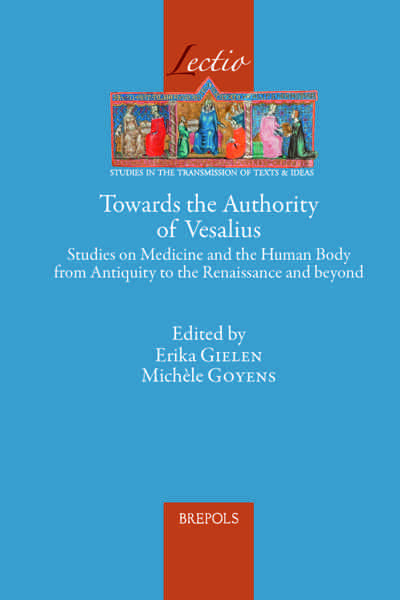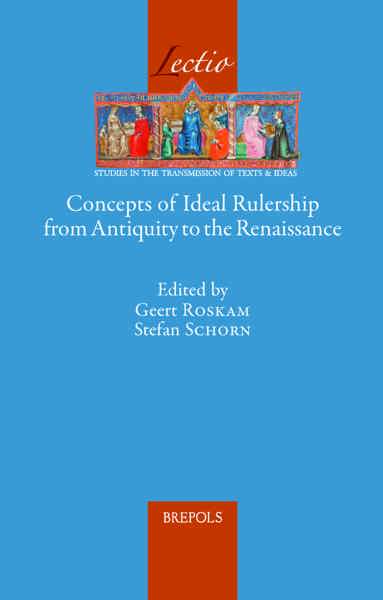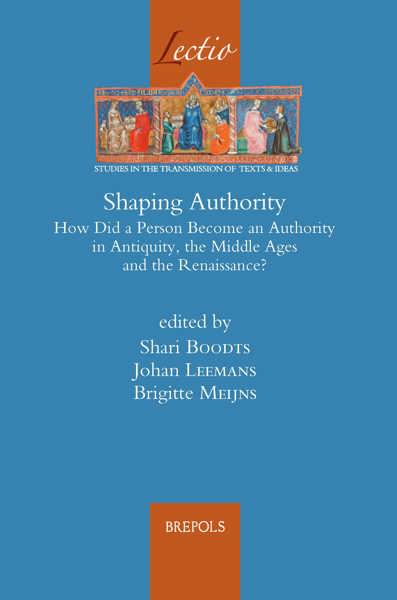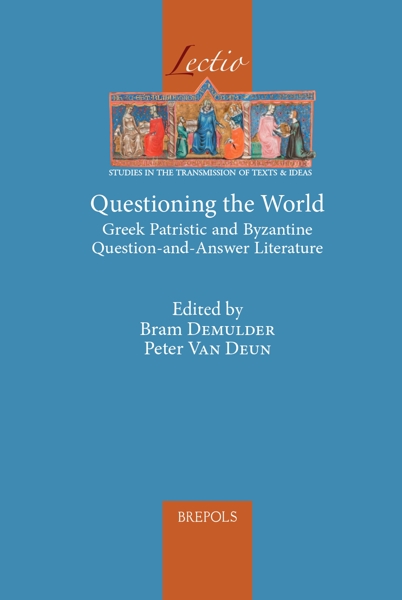
Charting the Future of Historical Humanities
Pieter d’Hoine, Daria Kohler, Wim Decock (eds)
- Pages: 305 p.
- Size:156 x 234 mm
- Illustrations:6 b/w, 25 col., 6 tables b/w.
- Language(s):English
- Publication Year:2026
- € 105,00 EXCL. VAT RETAIL PRICE
- ISBN: 978-2-503-61804-3
- Hardback
- Forthcoming (Apr/26)
- ISBN: 978-2-503-61805-0
- E-book
- Forthcoming
*How to pre-order?
Methodologically grouped case studies joined with reflections on the future of historical humanities
Pieter d’Hoine is Professor of Ancient Philosophy at the De Wulf-Mansion Centre for Ancient, Medieval and Renaissance Philosophy (Institute of Philosophy, KU Leuven). He is the Director of LECTIO, the KU Leuven Institute for the Study of the Transmission of Texts, Ideas and Images from Antiquity, the Middle Ages and the Renaissance.
Daria Kohler is a postdoctoral researcher in Classics and Research Manager of the KU Leuven Institute LECTIO.
Wim Decock is Professor of Legal History at the Université Catholique de Louvain-la-Neuve and former Director of LECTIO.
This volume provides a reflection on the future of the interconnected disciplines brought together under the term ‘historical humanities’: branches of scholarship concerned with the study of the past. Charting the Future of Historical Humanities explores current developments in a variety of disciplines, aiming to identify the trends that are impacting them, engaging critically with new directions of research, and reflecting on the perspectives that new tools and methodologies bring to the study of ancient, medieval, and early modern history of texts, ideas, and images. Its four sections are devoted to new trends in the edition of historical texts, the use of data in the historical humanities, interdisciplinary collaboration, and the ‘material turn’ in historical scholarship.
Introduction (Daria Kohler, Pieter d’Hoine & Wim Decock)
Horizons in Text Editing
Introduction. Horizons in Text Editing: Possibilities and Limitations, Expectations and Challenges (Lisa Devriese)
Annotating the Ancient World: Critical Annotations and Digital Editions (Monica Berti)
Towards Easier and Faster Collation, Edition and Visualization of Textual Variance? The ChrysoCollate Program (Sébastien Moureau)
From Data to Interpretation
Introduction. Vectors and Structured Knowledge: Computational Processing of Texts and Human Interpretation (Margherita Fantoli)
From Data to Knowledge (towards Wisdom) in Linguistic Computing for Ancient Languages (Marco Passarotti)
Computational Methods for the History of Ideas: Models and Semantic Vectors (Andrea Sangiacomo & Hugo Hogenbirk)
Interdisciplinarity in the Twenty-First Century
Introduction. Interdisciplinarity in the Twenty-First Century: Method, Medium, and Mirror (Tim van de Cruys)
From Text to Meaning: Historical Humanities in the Age of AI and Interdisciplinarity (Mikko Tolonen)
Papyri and Artificial Intelligence: The Interdisciplinary Challenges of Digital Palaeography (Isabelle Marthot-Santaniello)
De-biased, Diverse, Divisive: Understanding the Google Gemini Internet Storm in the Broader Context of Diversity, Generative AI, and Interdisciplinary Uses of Data (Bettina Berendt & Sercan Kiyak)
Beyond Words
Introduction. Beyond Words (Wim François & Daria Kohler)
Emblems, Imprese and Poetry: Toward an Intermedial Epistemology of Italian Renaissance (Michele Bordoni)
Unpretentious Objects and Material Meanings: Late Medieval Art and the Material Turn (Ragnhild M. Bø)
Material Traces: Recovering the Stories of Women in the Creation, Production, and Patronage in the Visual Arts of the Low Countries in Early Modernity (Catherine Powell-Warren)
Index of Names




